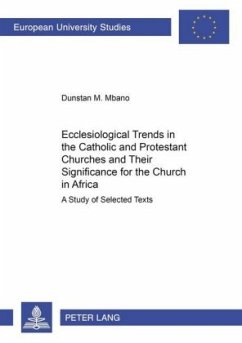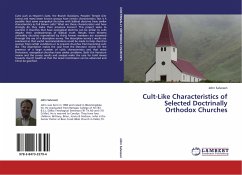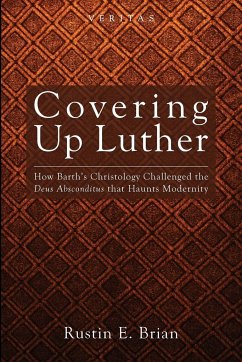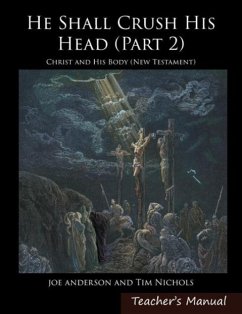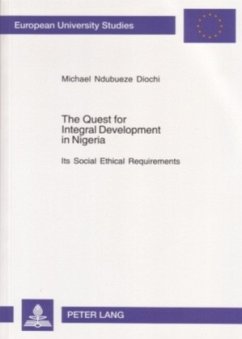
Head Covering in Selected Churches in Igboland, Nigeria
A Hermeneutical Study of 1 Cor 11:2-16
Versandkostenfrei!
Versandfertig in 6-10 Tagen
52,99 €
inkl. MwSt.

PAYBACK Punkte
26 °P sammeln!
The issue of head covering in 1 Cor 11:2-16 has generated heated arguments and debates in some churches in Igboland, Eastern Nigeria. Some argue that the actual practice of covering the head (Grk. kephal )should be religiously observed. Others posit that the freedom in Christ has absolved contemporary Christians from such injunctions, especially from Paul, who they consider as anti-women. Still others suggest that the covering for the head is the long hair of the woman. This study, therefore, is a scholarly contribution to the ongoing discussion on the issue. Employing the exegetical and inter...
The issue of head covering in 1 Cor 11:2-16 has generated heated arguments and debates in some churches in Igboland, Eastern Nigeria. Some argue that the actual practice of covering the head (Grk. kephal )should be religiously observed. Others posit that the freedom in Christ has absolved contemporary Christians from such injunctions, especially from Paul, who they consider as anti-women. Still others suggest that the covering for the head is the long hair of the woman. This study, therefore, is a scholarly contribution to the ongoing discussion on the issue. Employing the exegetical and inter-cultural methods of biblical interpretation, this work has rummaged through these views and argues that contemporary Christians should concentrate essentially on the principles involved in Paul's exposition. The study challenges readers to realize that the controversies over this injunction will be greatly reduced when the modern readers of Paul deal with the principle motif. In this connection, readers will appreciate the various dimensions of the four issues raised from the Pauline injunction for the Christians; namely, theological, missiological, anthropological, and socio-cultural.




